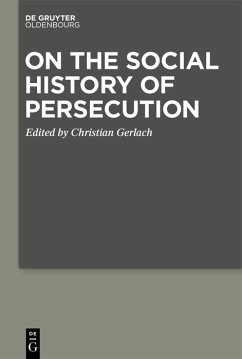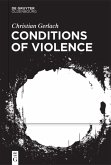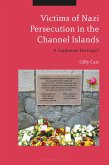This multi-disciplinary volume is one of the few collections about social change covering various cases of mass violence and genocide. In life under persecution, social relations and social structures were not absent and not simply replaced by an ethno-racial order. The studies in this book show the influence of social structures like gender, age and class on life under persecution. Exploring practices in family and labor relations and of collective action, they counter claims of an atomization of society or total uprootedness of victims. Despite being exposed to poverty and want and under the permanent threat of political violence, persecuted people tried to develop their own agency. Case studies are about the Jewish and Armenian persecutions, Rwanda, the war of decolonization in Mozambique and civilian refuges in Belarus during World War II. The authors are a mix of experienced scholars and young researchers.
Dieser Download kann aus rechtlichen Gründen nur mit Rechnungsadresse in A, B, BG, CY, CZ, D, DK, EW, E, FIN, F, GR, HR, H, IRL, I, LT, L, LR, M, NL, PL, P, R, S, SLO, SK ausgeliefert werden.









